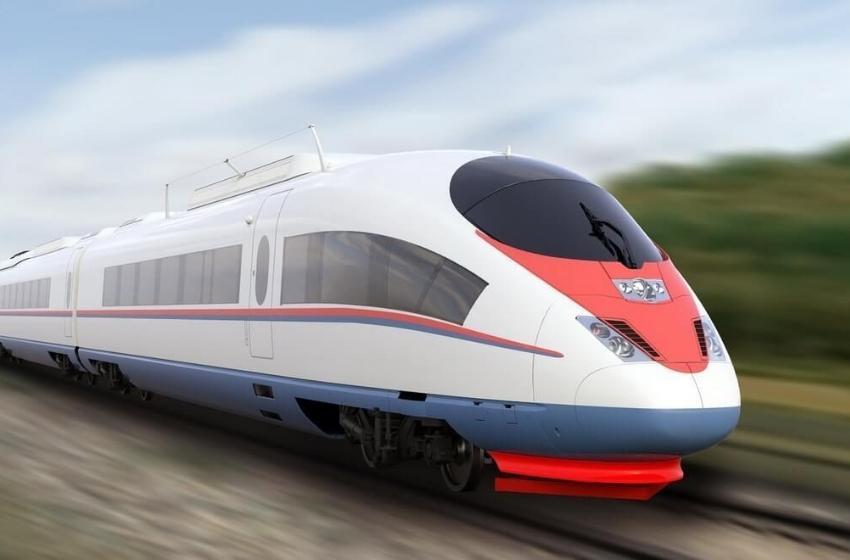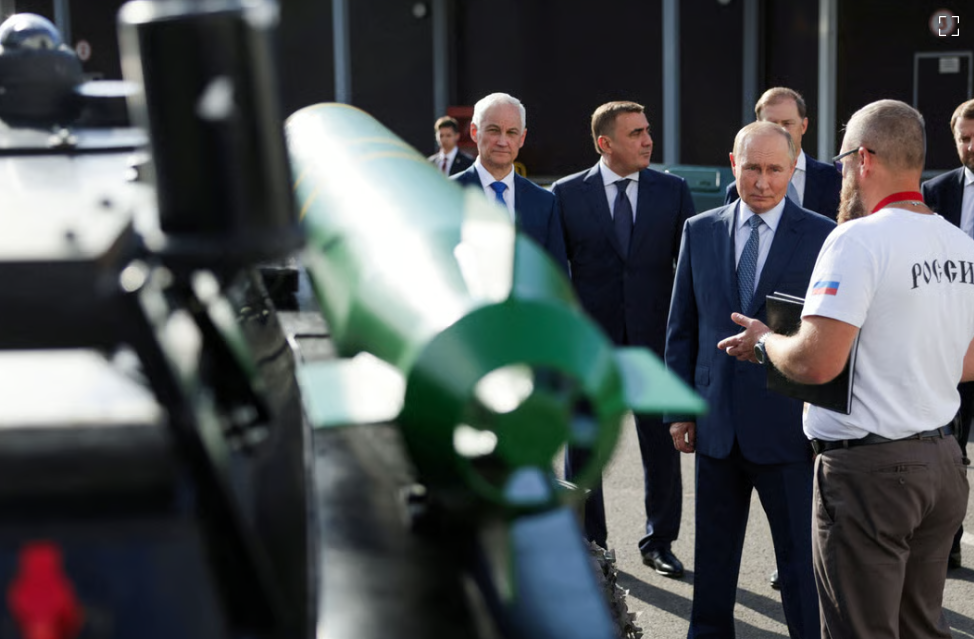High-speed passenger trains "Sapsan" (Velaro Rus), which due to the manufacturer's decision - the German company Siemens - it was decided not to supply to Russia, can be transferred to Ukraine. This was reported by Deutsche Welle radio.
Maria Leenen, head of the Hamburg-based railway consulting firm SCI Verkehr, said she considered it a "very realistic option" to use these trains in Ukraine after the war. "They could be part of the recovery plan that politicians are already discussing," the German newspaper said.
The expert considers Kazakhstan to be another real candidate: "The state has the necessary money there and the corresponding distances for high-speed traffic," she said.
As reported, the German concern announced its withdrawal from Russia due to the war in Ukraine. The most notorious consequence of this was the decision not to supply Russia with 9 of the 13 new generations ICE 3 trains. They were to arrive under a 2019 contract for a total of 1.1 billion euros.
However, it was decided to complete these 9 trains, the Siemens Mobility press service of the economic weekly Wirtschafts Woche reported. The company hopes to "find use for them outside Russia." Namely: in other post-Soviet countries with the same railway track width.
The economic weekly also notes that the capacity of the Siemens plant in Krefeld, where high-speed trains are manufactured, is currently fully loaded despite the termination of the contract with RZD. The cessation of cooperation with the aggressor country, according to the publication, will only speed up the execution of orders for the local market.
Siemens trains, called "Sapsan" in Russia, have been running since 2009 on the most prestigious route in the country, Moscow - St. Petersburg. The project was initiated by Russian President Vladimir Putin and German Chancellor Gerhard Schroeder. According to their agreement, in 2006 the first order for 8 trains was issued, and in 2011 there was an order for the next 8 trains. In the summer of 2019, Russian Railways signed a third contract, now for 13 warehouses, which was not destined to come true.




















